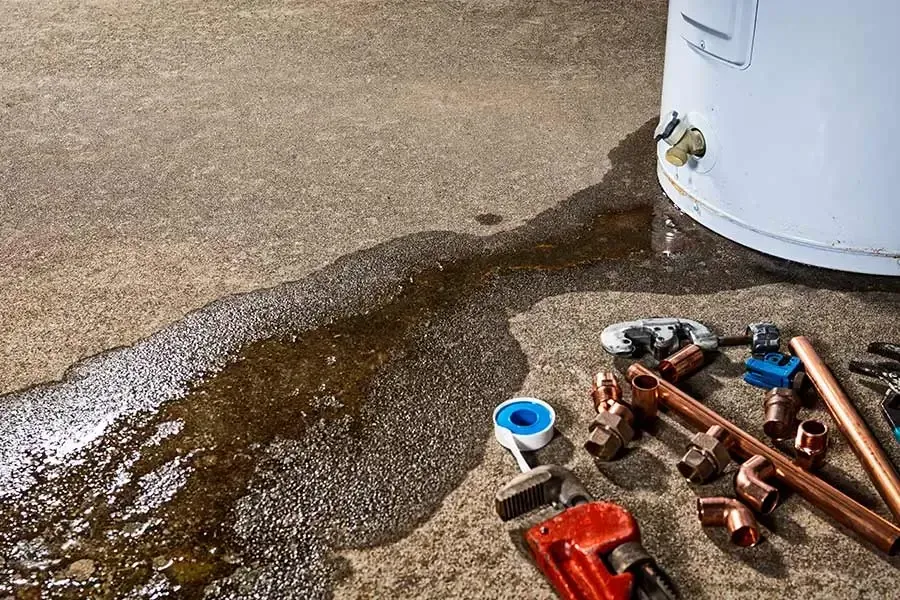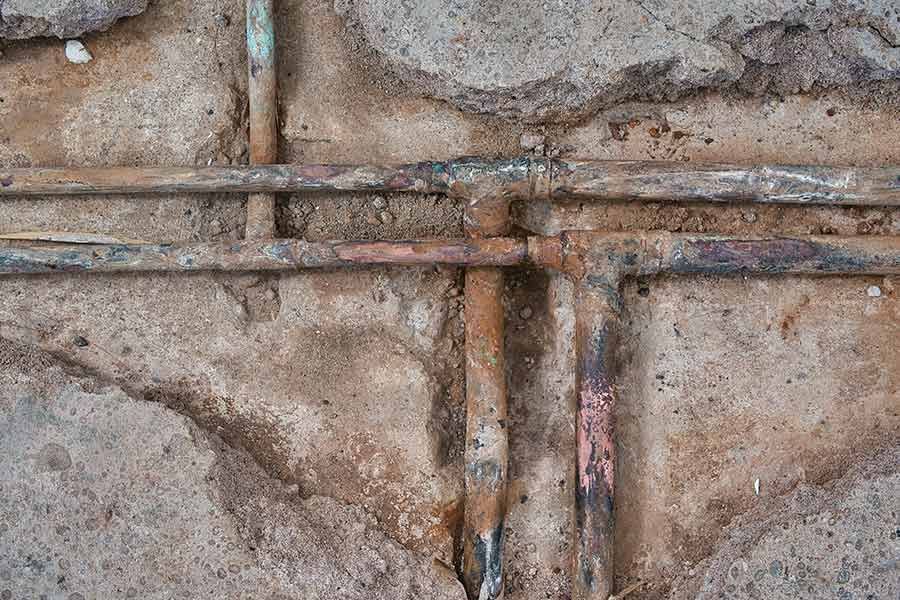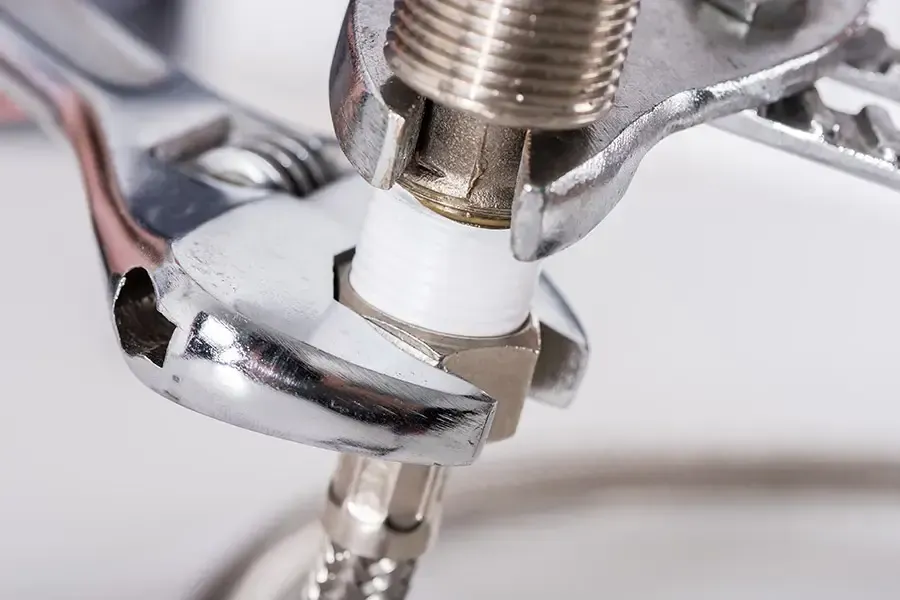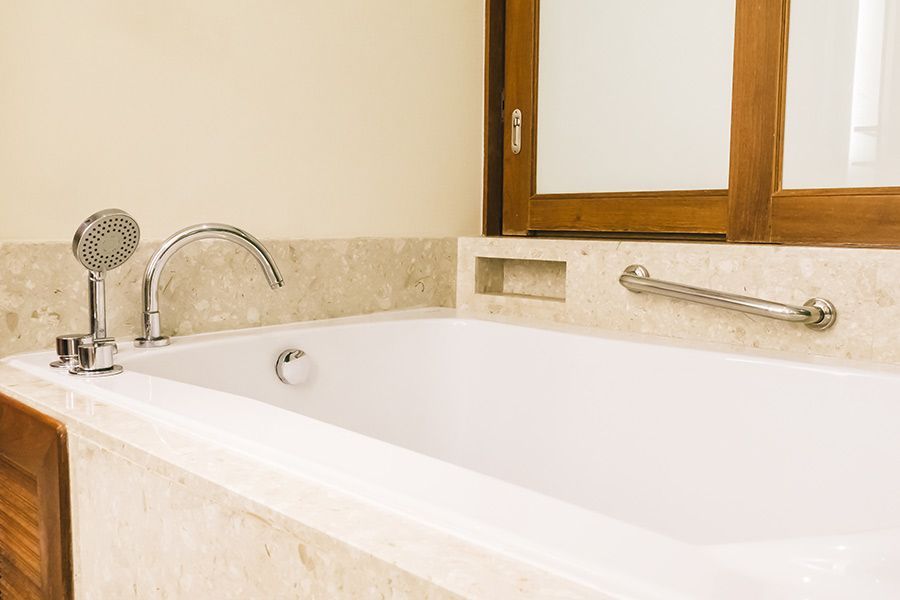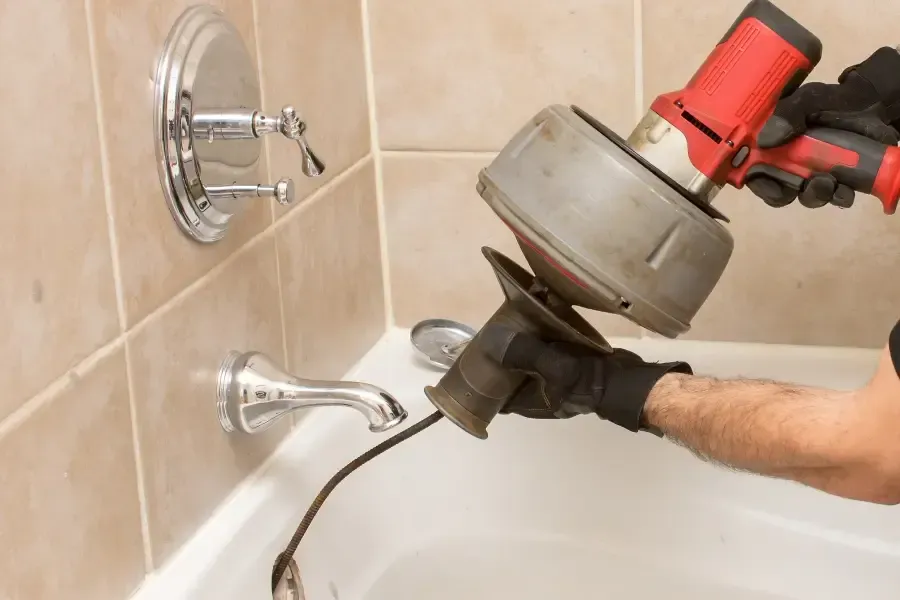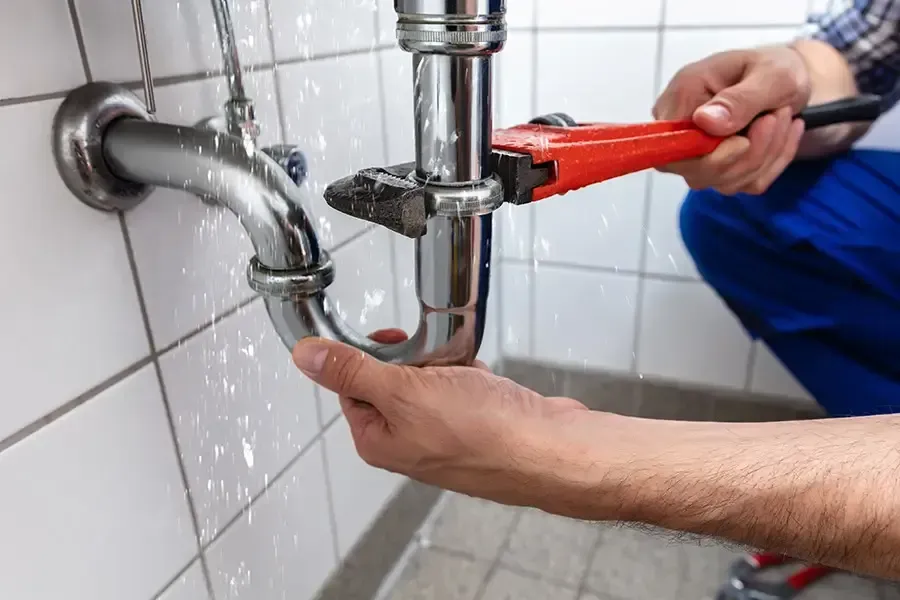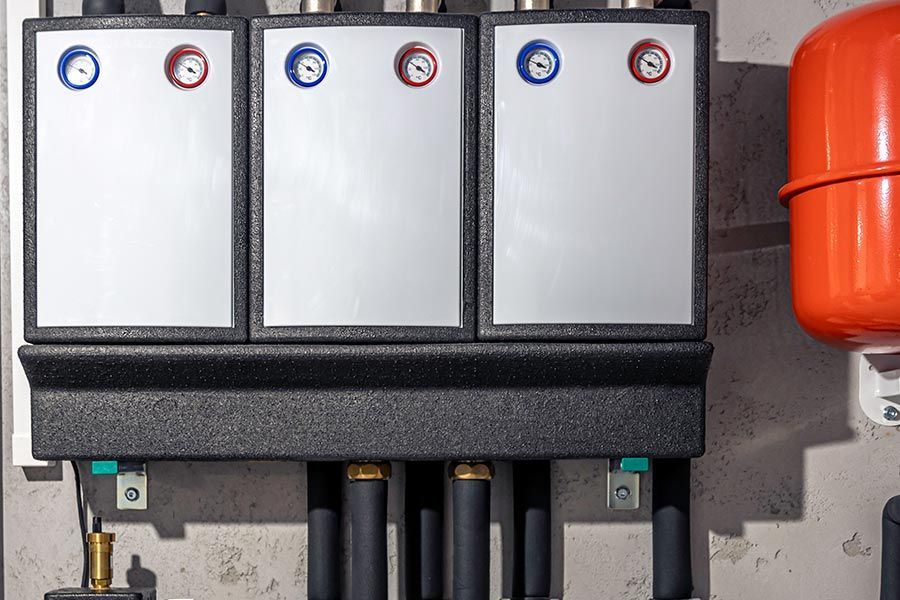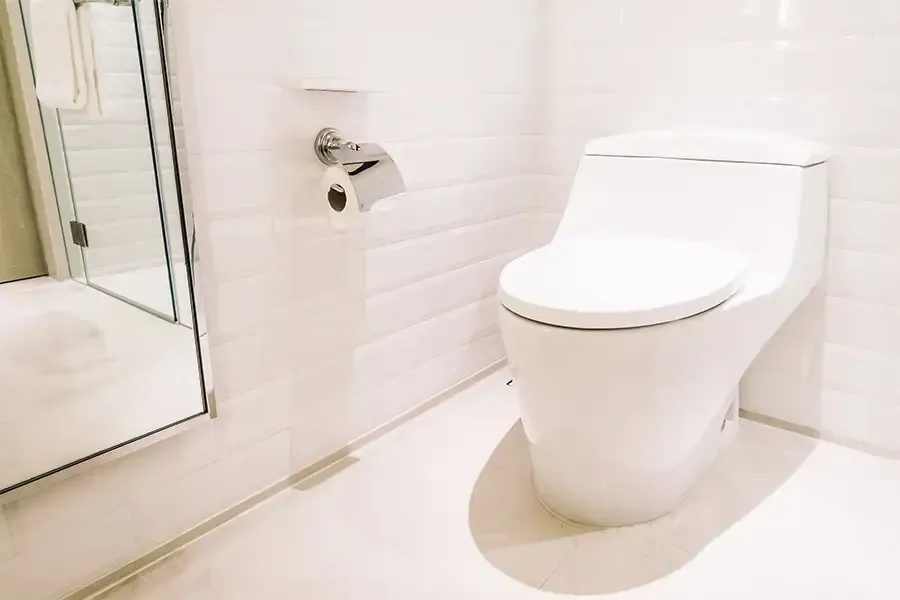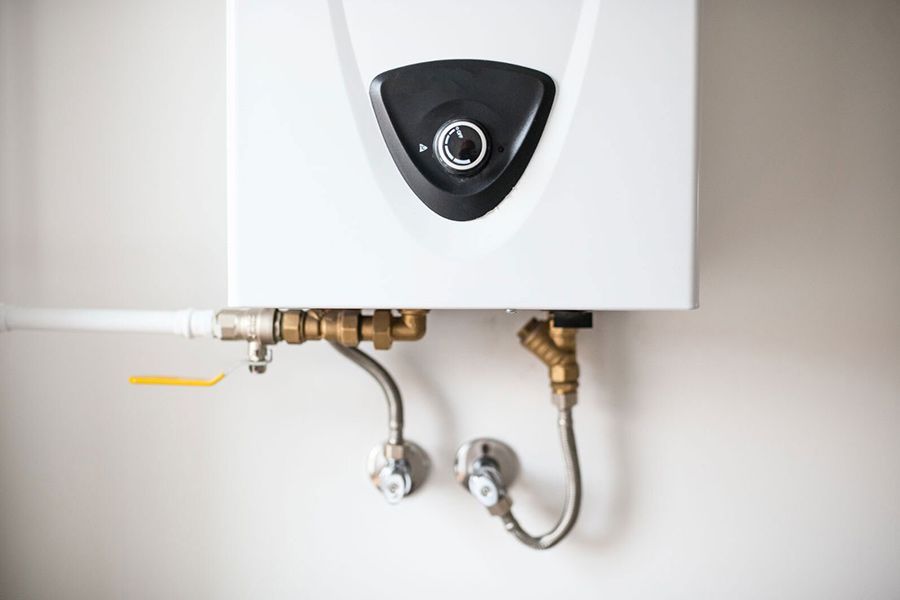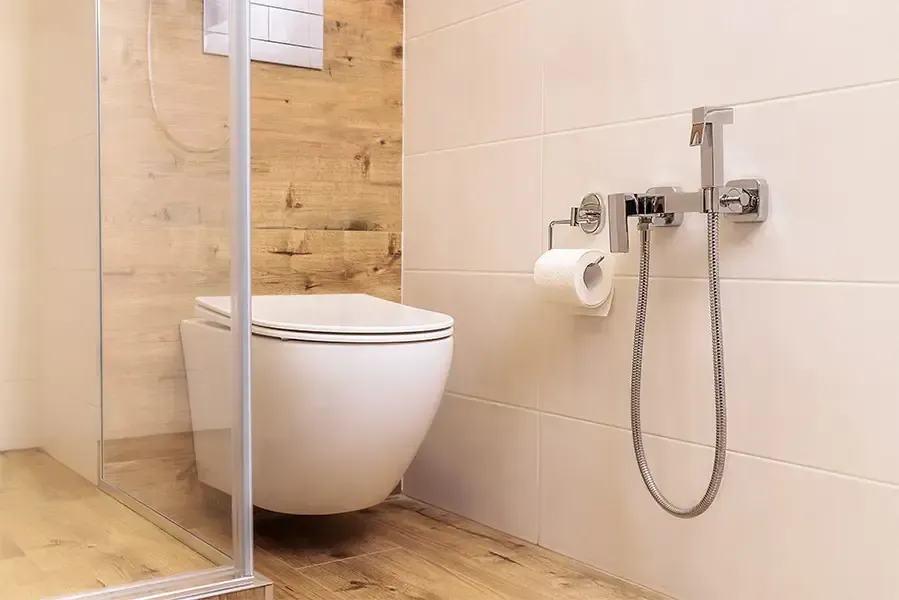Signs Your Tankless Water Heater Needs Professional Repair in Parma, OH
More and more property owners in Parma, Ohio, are choosing tankless water heaters as an effective and energy-efficient option for getting consistently hot water on demand. However, like any other household or commercial appliance, these systems sometimes need professional attention and repairs.
When you turn on the faucets and get cold water instead of warm, you might say, "My tankless water heater is not working. What should I do?"
Our team at Formica Plumbing and Sewer Co. provides top-rated plumbing repairs in Parma, OH, and answers this question below.
Understanding How Tankless Water Heaters Work
Tankless water heaters provide immediate heating power to water as it flows through the unit. When you turn on a tap for hot water or an appliance needs hot water, a flow sensor detects the pressure change and activates heating elements or burners to warm the water instantly.
This energy-efficient approach reduces standby heat loss common in tanked systems. Traditional tanks must keep water continuously warmed to the thermostat's set temperature for when you need it.
Unfortunately, a tankless system's amazing level of efficiency also means that when components like flow sensors or heating elements fail, it adversely affects the entire unit.
Common Tankless Heater Repair Signs in Parma, Ohio
You may conclude, "My tankless water heater is not working," if you notice any of the following signs of trouble.
Fluctuating Water Temperature
When working correctly, tankless water heaters deliver hot water that consistently matches the unit's thermostat setting. Water temperature problems, like cycling from hot to cold or failing to reach the desired temperature at all, usually stem from flow sensor or heating element faults.
The flow sensor tells the system when a tap or appliance needs hot water, and if it becomes clogged with mineral deposits or fails due to wear and tear, the unit may fail to activate the heating elements. Malfunctioning heating elements are an obvious cause of inconsistent temperatures.
Reduced Water Flow
Drop-offs in water pressure or flow when using hot water taps are other signs of flow sensor issues or blockages somewhere in the plumbing serving the water heater.
Tankless water heaters rely on clear intake and outtake lines to maintain proper water flow, and when mineral buildup or any type of debris clogs these lines — almost always of a smaller diameter than your other plumbing pipes — the water pressure drops, causing reduced flow.
This is a common situation in Parma and the surrounding area, where hard water can contribute to faster mineral accumulation inside pipes and connections.
Routine inspections and water heater maintenance tips include periodic descaling to minimize the risk of blockages.
Error Codes on Display
Many modern tankless water heaters use digital displays to provide diagnostic information, including heater error codes. The feedback from these error codes is key to your system's self-monitoring capabilities and can indicate various malfunctions, from electrical failures to ignition problems and blocked venting.
For example, error codes might tell you that the heating elements are failing to activate due to electrical faults, or they may indicate that the ignition system is faulty.
Don't ignore error codes, even if the water heater seems to be functioning at a reduced capacity. A quick look at the manufacturer's manual can offer some insight into the code’s meaning, but accurate diagnostics and repairs typically require a professional plumber.
Unit Shutting Off Unexpectedly
If you tell your plumbing professional, "My tankless water heater is not working," because of a complete system shutdown, you have an obvious problem on your hands. The internal safety mechanism that triggers when your tankless water heater overheats can cause sudden shut-off to prevent damage or safety hazards.
This type of overheating often happens when a filter or vent clogs up with debris, restricting ventilation. Some units have filters that are simple to replace, but if you are unsure about the process or the problem persists, it's time to call an expert plumber for help.
Unusual Noises
A tankless water heater is generally quiet during operation. Unexpected knocking, rumbling, or hissing are all signs of trouble.
Knocking sounds can indicate scaling within the heat exchanger when mineral buildup becomes significant enough to cause water to boil unevenly inside the exchanger, leading to vibrations and noise.
Rumbling or banging sounds could also result from loose components within the unit, which generally will only improve with professional attention.
Pay attention to these noises, especially if they occur while the heater is in use or as it shuts off.
Water Leakage
Water leakage can result from loose connections, faulty seals, or worn-out valves. Even small drips around the unit can rapidly escalate into a larger problem if you don't promptly address it.
Regularly inspect the area around your tankless water heater for signs of moisture, puddling, or water stains. The presence of water near the base of the unit, damp walls, or a musty odor can indicate a hidden leak that requires professional repair.
A leaking tankless water heater not only impacts hot water quality but can also lead directly to substantial property damage and an increased risk of hazardous mold infestation.
Choose Formica Plumbing and Sewer Co. for Comprehensive Plumbing Services in Parma, Ohio
Our Formica Plumbing and Sewer Co. team has served northeast Ohio since 1960 with dedication and integrity. Our fully licensed plumbers ensure you receive quality service, and we don't use subcontractors. When you choose us, you'll benefit from:
- Expertise and experience: We have provided decades of reliable service to our local community.
- Safe, worry-free experience: We are fully insured with general liability and workers' compensation coverage.
- Comprehensive solutions: We handle everything from tankless heater troubleshooting to water heater replacement and all other plumbing services.
- 100% satisfaction guarantee: Enjoy the peace of mind that comes with knowing we stand behind our work.
If you're still wondering, “What should I do if my tankless water heater is not working?” it’s time to call Formica Plumbing and Sewer Co. Our friendly professionals are ready to help with any plumbing issue in Parma, Ohio.
Contact us today to schedule a tankless water heater service that addresses complex and common heater issues.

